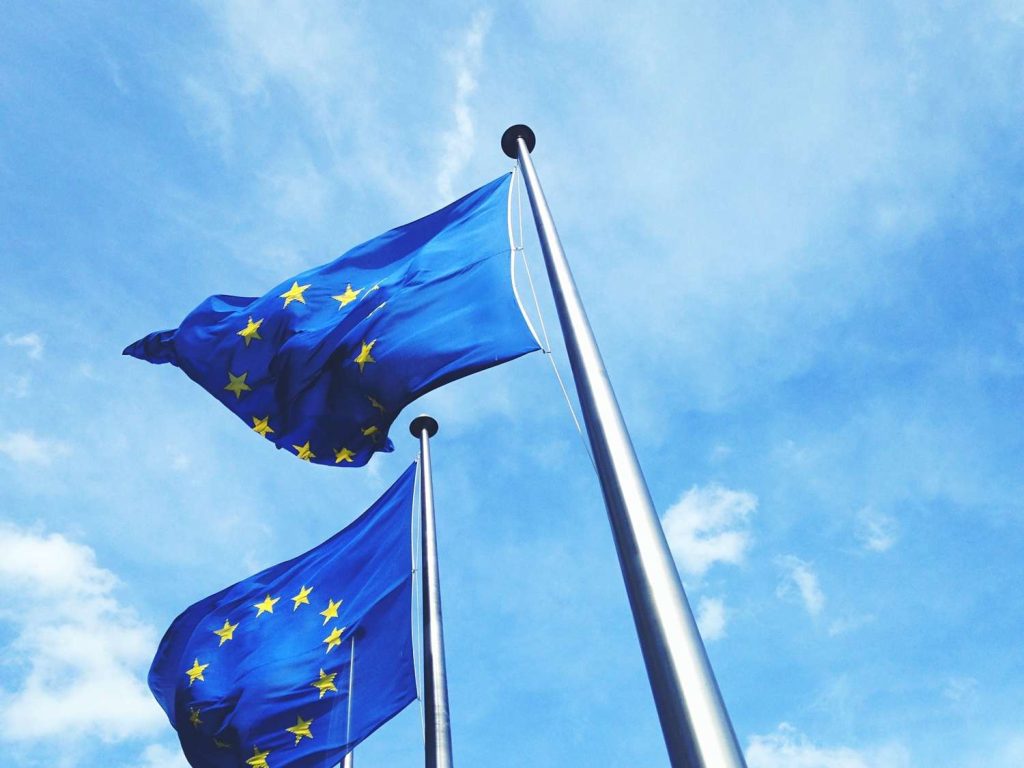Brussels is entering a critical week as EU leaders scramble to secure a last-minute trade agreement with Washington in a bid to stave off punitive US tariffs that could reach as high as 50%. With only two days of negotiations remaining before President Donald Trump’s 9 July deadline, tensions are mounting on both sides of the Atlantic.
US Treasury Secretary Scott Bessent confirmed on Friday that talks, which continued through the weekend, are centred around 15 to 18 key agreements with strategic partners. However, Trump has made it clear that countries failing to reach a deal could face tariffs of up to 70%, stoking fears of a global trade war.
The uncertainty from Washington has sent tremors through the global economy. Businesses have frozen investment decisions, and the US dollar suffered its worst performance in half a century during the first half of the year. With €1.6 trillion in EU-US trade hanging in the balance, the stakes could not be higher.
A senior EU diplomat described the bloc’s internal dilemma: “Among member states, the big question will be whether we should reach a deal at all costs to avoid a trade war, or show muscle if the deal is not good enough.”
Divisions are emerging among European leaders. The German chancellor has called for a swift UK-style agreement to prevent a major trade conflict, while French President Emmanuel Macron has warned against rushing into an “imbalanced” deal, urging the EU to hold firm for better terms.
EU, U.S. officials threatened to impose 17% tariff on food imports
Trump’s hostility towards Brussels has not gone unnoticed. In a meeting last week with EU Trade Commissioner Maroš Šefčovič, US officials threatened to impose a 17% tariff on food imports. The move is part of a wider campaign of “liberation day” tariffs Trump announced on 2 April, which he temporarily paused a week later for 90 days.
With that pause set to expire on Wednesday, the US is poised to begin its trade offensive against dozens of countries. So far, only the UK and Vietnam have secured agreements, fuelling doubts over whether the EU can achieve more than a political “framework deal” in the time remaining.
Such a framework would resemble the bare-bones UK deal agreed in May, which was once criticised by officials as legally dubious under World Trade Organisation rules. Despite initial hopes that the economic heft would secure a stronger agreement than the UK’s €363 billion in annual trade with the US, many now accept that a minimal agreement may be the best achievable outcome.
Industries across the EU are bracing for disruption. Even under the most optimistic scenario, European exporters expect to face a baseline 10% tariff, five times the average rate before Trump’s election last year.
After months of escalating threats, retaliatory rhetoric, and mounting pressure, the hopes for a comprehensive trade deal have all but faded. Instead, leaders are now scrambling to secure whatever terms they can before time runs out.



